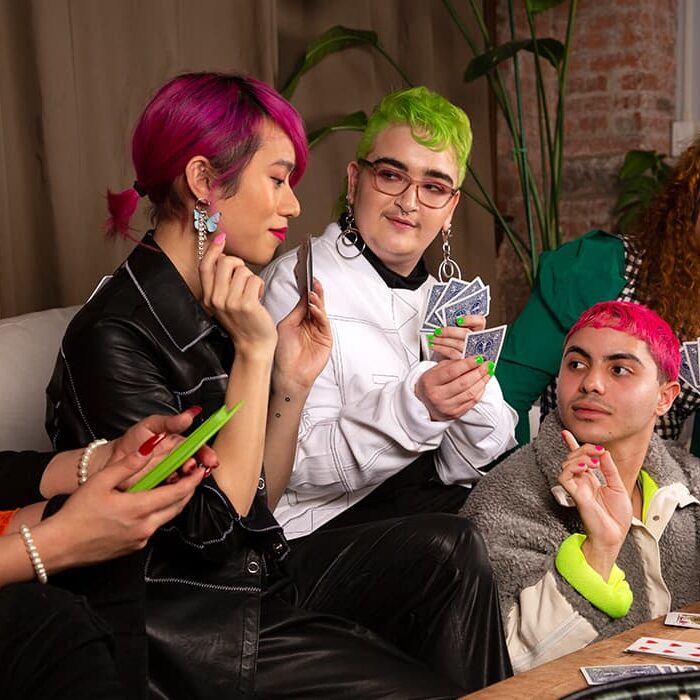Mental Health Groups at HQ
At HQ, we believe in the strength and expertise that exists in our community. By offering treatment in group, we hope to leverage this power to facilitate interpersonal learning, create meaningful connection, and enable personal growth. Each of our groups is focused by a shared goal. Our team reviews the self-assessment materials that you complete and works with you to decide which group(s) might be best for you.
